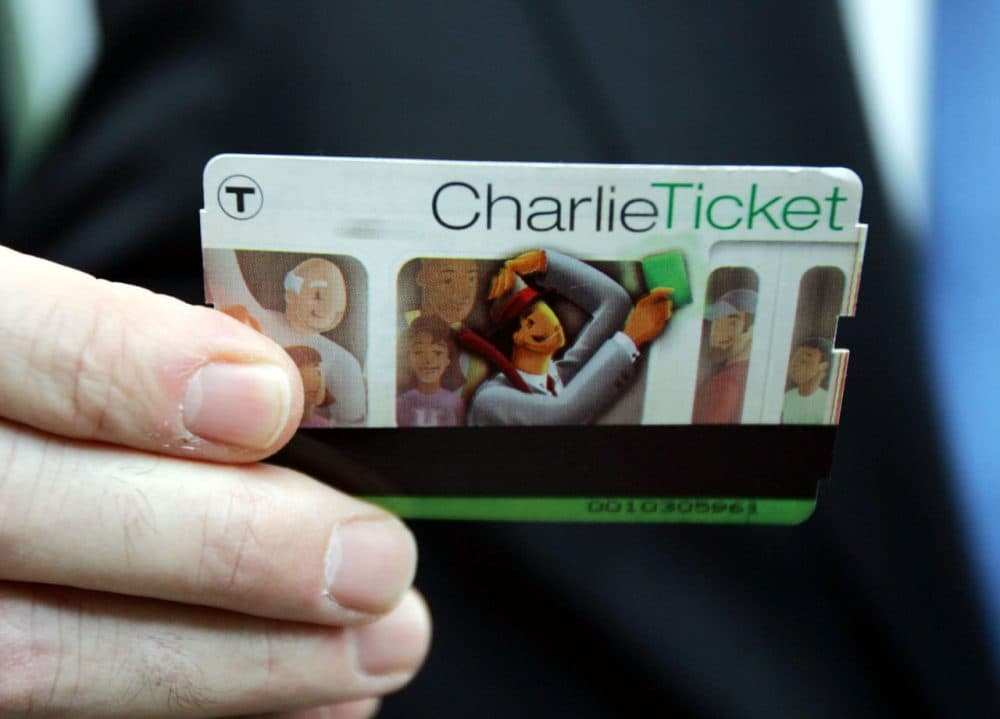Advertisement
MBTA Urged To Explore Low-Income Rider Fare Subsidy

Activists urged MBTA officials Monday to work toward a fare subsidy for low-income riders, saying rising transit costs are forcing too many riders to choose between traveling to jobs and medical appointments or buying food.
At an MBTA Board meeting, Boston City Councilor Michelle Wu and others pointed to MIT study results that showed low-income riders who received a subsidy, when compared to others who used a non-subsidized CharlieCard, took more MBTA trips, including trips for health care and social services.
"The preliminary findings of the MIT study released this morning provide strong evidence for something that every T rider knows is true," Wu said. "The cost of fares matters for those who need public transit the most and we need to make sure we're doing everything we can to lower barriers that the fares impose."
Paul Regan, executive director of the MBTA Advisory Board, added that "the overall fare levels are a factor in the social safety net."
MBTA fares, which are scheduled to increase on July 1, have risen 41% since 2012, said Wu, who also protested rising commuter rail fares that she said will soon require a person living in Readville, a section of Boston, to pay $232 for a monthly pass.
During debate about the fare increases in February, Wu submitted a petition with thousands of signatures opposing the proposal and even argued that MBTA service should be free to all riders.